Facing accusations that it issued a doctored report alleging a chemical attack in Syria, the OPCW has released an inquiry attacking two whistleblowers as rogue actors. Leaked documents obtained by The Grayzone reveal serious distortions in the OPCW inquiry as well as a campaign of intimidation against internal dissenters.
.
For the past year, the Organization for the Prohibition of Chemical Weapons (OPCW) has been roiled by allegations that it manipulated an investigation to falsely accuse the Syrian government of a chemical weapons attack. An OPCW report released in March 2019 lent credence to claims by Islamist militants and Western governments that the Syrian military killed around 40 civilians with toxic gas in the city of Douma in April 2018. The accusation against Damascus led to US-led military strikes on Syrian government sites that same month.
But leaked internal documents published by Wikileaks show that OPCW inspectors who deployed to Douma rejected the official story, and complained that higher-level officials excluded them from the post-mission process, distorted key evidence, and ignored their findings.
After months of virtual silence, the OPCW has responded with an internal inquiry that lambasts two veteran officials who raised internal objections, attacking their credibility and qualifications. The OPCW’s self-described “independent investigation” describes the pair as rogue, low-level actors who played minor roles in the Douma mission and lacked access to crucial evidence. In a briefing to member states, OPCW Director General Fernando Arias dismissed them as disgruntled ex-employees. The two “are not whistle-blowers,” Arias said.
“They are individuals who could not accept that their views were not backed by evidence.”
But a leaked document calls Arias’ assertions into serious question. Ian Henderson, one of the two inspectors, recently addressed a special session of the United Nations Security Council with his concerns about the Douma mission. Henderson submitted a supplemental written account that was distributed among participating UN member states and obtained by The Grayzone. It offers the most extensive and detailed account of the internal dispute over the OPCW’s Douma investigation to date.
The full leaked testimony can be read here (PDF).
Henderson provides a thorough timeline that bolsters suspicions that the OPCW leadership covered up a staged deception in Douma. Combined with the available record – which includes other OPCW leaks, as well as Arias’ and the OPCW’s own statements – Henderson’s account firmly demonstrates that he and a fellow dissenting colleague occupied veteran leadership roles inside the organization, including during the Douma fact-finding mission.
Henderson also exposes key gaps in the OPCW’s inquiry, which fails to specifically address the revelations that critical evidence was kept out of the OPCW’s published reports; that key findings were manipulated – and that all of this occurred under sustained US government pressure.
In addition to Henderson’s complete testimony, The Grayzone has obtained a chilling email from a third former OPCW official. The former official, who worked in a senior role, blamed external pressure and potential threats to their family for their failure to speak out about the corruption of the Douma investigation.
This official was not among the pair of dissenting inspectors targeted by the inquiry. The email corroborates complaints by Henderson and his colleague about senior management’s suppression of evidence collected by the team that deployed to Syria.
“I fear those behind the crimes that have been perpetrated in the name of ‘humanity and democracy’”
In his briefing about the investigation of the inspectors, Arias, the OPCW Director-General, described the pair as stubborn actors “who took matters into their own hands and committed a breach of their obligations to the Organization.” He characterized their behavior as “egregious.”
But leaked documents and testimony point to an OPCW leadership that has committed egregious acts of its own, including intimidating internal dissenters.
In an email obtained by The Grayzone, a former senior OPCW official described their tenure at the OPCW as “the most stressful and unpleasant ones of [their] life,” and expressed deep shame about the state of the organization they departed in disgust.
“I fear those behind the crimes that have been perpetrated in the name of ‘humanity and democracy,’” the official confided, “they will not hesitate to do harm to me and my family, they have done worse, many times, even in the UK… I don’t want to expose my self and my family to their violence and revenge, I don’t want to live in fear of crossing the street!”
The former OPCW senior official went on to denounce the removal of members of the original fact-finding team to Syria “from the decision making process and management of the most critical operations…” This tracks with complaints expressed in leaked OPCW documents that superiors who had not been a part of the investigation in Douma marginalized those who had.

The atmosphere of intimidation was confirmed by a second member of the OPCW’s original fact-finding mission to Douma. The whistleblower, identified by the pseudonym “Alex,” spoke to the journalist Jonathan Steele and to a panel convened by the Courage Foundation in October 2019. Alex revealed that a delegation of three US officials visited the OPCW at The Hague on July 5th, 2018. They implored the dissenting inspectors to accept the view that the Syrian government carried out a gas attack in Douma and chided them for failing to reach that conclusion. According to Steele, Alex and the other inspectors saw the meeting as “unacceptable pressure.” In his statement to the UN Security Council, Henderson confirmed that he attended the meeting.
The US intervention at the OPCW could possibly violate the chemical weapons convention, which forbids state parties from attempting to influence investigations. It would not be the first time Washington has attempted to bully the OPCW into submission. During the run-up to the invasion of Iraq in 2002, the George W. Bush administration engineered the ouster of the OPCW’s First Director-General, Jose Bustani. The Bush administration was concerned that Bustani’s negotiations with Iraq about allowing international inspectors could undermine its plans for war.
Bustani later revealed that John Bolton, then an under secretary of state, had personally threatened him and his family with violent retaliation. The US pressure on the OPCW over Douma also took place under Bolton’s watch. When the US bombed Syria in April 2018 and pressured OPCW officials just three months later, Bolton was in the midst of his first months as President Donald Trump’s National Security Advisor. (Bustani, meanwhile, was among a group of panelists who heard direct testimony from Alex at a gathering convened by the Courage Foundation in October 2019.)
OPCW’s inconsistent story on “Inspector A”
The OPCW’s internal inquiry goes to great lengths to denigrate and discredit the two former staffers that challenged the official story on Douma. It refers to its two targets as “Inspector A” and “Inspector B.” The latter’s identity has not been publicly confirmed. “A” is Ian Henderson, a South African engineer and veteran OPCW official with extensive military experience.
Henderson’s written testimony to the United Nations, obtained by The Grayzone, undercuts the negative portrayal of his former managers, and offers a window into the pressure campaign and cover-up that he and his colleagues faced.
A suppressed internal study by Henderson first brought the OPCW scandal to public attention. In May 2019, an engineering assessment bearing Henderson’s name was leaked to a group of British academics, the Working Group on Syria, Propaganda and Media. The document is a detailed engineering analysis of two gas cylinders found at the scene of the alleged attacks in Douma. Whereas the OPCW’s final March 2019 report concluded that the cylinders were likely dropped from the air, Henderson found that there is “a higher probability that both cylinders were manually placed… rather than being delivered from aircraft.” The OPCW’s final report made no mention of this conclusion.
The inference of Henderson’s study is that the attack was staged by the armed opposition. At the time, Douma was under the control of the extremist Saudi-backed militia, Jaysh Al-Islam, and was on the brink of being re-taken by Syrian government forces.
From a political and military standpoint, a chemical weapons attack was the most self-destructive and unnecessary action the Syrian military could possibly take. From the standpoint of a foreign-backed militia on the verge of defeat, however, staging a chemical attack was a desperate Hail Mary operation that offered the hope of US military invention in accordance with Washington’s “red line” policy. The suspected gambit by Jaysh Al-Islam appeared to have paid off when the Trump administration accepted its claims that a chemical attack had killed dozens of civilians in Douma, and initiated cruise missile strikes in response. Yet the US-led attacks failed to prevent the Syrian government from retaking Douma and the whole of eastern Damascus. Within days, Western reporters had entered the area and were able to access local eyewitnesses who claimed that the chemical attack was a staged deception.
Henderson was among the first OPCW staffers to visit the site of the alleged attack in Douma. However, the OPCW inquiry dismissed Henderson’s role in the Douma probe, characterizing his engineering study as a personal, rogue operation. Henderson, the inquiry said, “was not a member of the FFM [Fact Finding Mission]” that deployed to Douma, and only “played a minor supporting role.”
There is ample evidence that contradicts this characterization. In his written UN testimony, Henderson revealed that he served in five Douma deployments as part of the FFM. This includes three instances as a sub-team leader for critical operations: visiting a suspected chemical weapons production site in Douma; conducting interviews and taking chemical samples at the Douma hospital; taking detailed measurements at one of the sites; and inspecting, itemizing, and securing the two cylinders that were removed from the sites of the alleged gas attack. The notion that he “was not a member” of the mission that he played such an active role in strains credulity.
A leaked email shows that at least one of Henderson’s colleagues protested a previous instance in which the OPCW leadership attempted to minimize his role. The “falsehood… that Ian did not form part of the Douma FFM team,” the colleague complained, was “patently untrue” and “pivotal in discrediting him and his work.”
The inquiry also falsely insinuated that Henderson was a low-level official. While acknowledging that Henderson served as an OPCW team leader during his first tenure with the OPCW from 1997 to 2005, the inquiry said that he was “rehired at a lower level” when he returned in 2016, and remained there until his departure in May 2019. Yet the OPCW’s own documents from that latter period showed that Henderson was described as an “OPCW Inspection Team Leader” as late as February 2018, just two months before his deployment to Douma as part of the OPCW’s Fact-Finding Mission (FFM). According to his UN testimony, Henderson served as an inspection team leader for multiple inspections of Syrian laboratory facilities at Barzaeh and Jamrayah in November 2017 and in November 2018, after the US bombed Barzeh on dubious grounds.
After casting doubt on Henderson’s status within the organization, the OPCW inquiry dismissed his engineering report as “a personal document created with incomplete information and without authorisation.” Henderson, the investigators said, defied higher-level officials’ orders and conducted a study on his own with outside contractors.
In his briefing to member states on the inquiry’s findings, OPCW Director General Fernando Arias echoed this conclusion, describing Henderson’s report as “a purported document disseminated outside the Organisation.”
But Arias’ statements today contradict his own words from less than a year ago. Just days after Henderson’s report was leaked in May 2019, Arias delivered an extensive briefing and announced that an inquiry into the disclosure was underway. Arias made no claims of Henderson going rogue, and described his report as an “internal document… produced by a staff member.” It is unclear how Henderson’s report went from an “internal document” by an OPCW staffer in May 2019 to a “purported document disseminated outside the Organisation” in February 2020. Arias has not explained this discrepancy.
In his latest missive, Arias has offered a completely new rationale for keeping Henderson’s report from the public. In May 2019, Arias stated that because Henderson’s report “pointed at possible attribution,” it was therefore “outside of the mandate of the FFM [Fact-Finding Mission] with regard to the formulation of its findings.” The FFM is prevented from assigning blame to parties involved in chemical attacks. However, the OPCW’s published conclusion suggested the Syrian government was to blame for the attack – an act of attribution – since the Syrian military (or its Russian ally) was the only warring party in Douma with aircraft. Even more curiously, by accusing Henderson of freebooting and “subterfuge,” Arias and his organization’s independent inquiry has now offered a completely different explanation than it previously had for the omission of Henderson’s report.
Why was critical evidence excluded?
In yet another highly dubious assertion, the OPCW inquiry claimed Henderson “did not have access to all of the information gathered by the FFM team, including witness interviews, laboratory results, and assessments by independent experts regarding the two cylinders—all of which became known to the team after [Henderson] had stopped providing support to the FFM investigation.”
But an important piece of context is missing from this salvo: by the time Henderson carried through on his study in summer 2018, he and other members of the FFM had already complained to the OPCW leadership that their findings were being manipulated and suppressed.
According to Henderson’s testimony, a draft interim report circulated in June 2018 was subjected to “‘last-minute unexpected modifications” that were “contrary to the consensus that had been reached within the team.” This included a change to “reflect a conclusion that chlorine had been released from cylinders,” which was not consistent with the findings at that stage. An intervention by one of the FFM team members, possibly Inspector B, forced FFM team leader Sami Barrek to revise the interim report before its eventual release on July 6 2018.
Despite agreeing to hear his team’s objections, Barrek personally blocked critical evidence that conflicted with the official story of Syrian government responsibility. One email chain revealed that Barrek resisted pleas from an inspector to include the relatively low levels of chemicals found in Douma. Alex, the anonymous second OPCW whistleblower, told journalist Jonathan Steele that chlorinated organic chemicals at the scene “were no higher than you would expect in any household environment.”
Another leaked document showed the OPCW had consulted with toxicologists in June 2018 to determine whether symptoms observed in victims were consistent with exposure to chlorine. According to minutes of that meeting, “the experts were conclusive in their statements that there was no correlation between symptoms and chlorine exposure.” But these critical findings, which dramatically undercut the official narrative, were inexplicably omitted from both the interim and final report.
The “core” cover-up team
One day after US officials attempted to bully OPCW staff into submission on July 5 2018, an interim report on Douma was published that reflected some of the inspectors’ key objections, albeit with watered-down language and significant omissions. A critical change then took place. OPCW officials announced that the ensuing final report would be drafted by a “core team” that was separate from the one which deployed to Douma. That left the core team without any of the FFM members who had been on the ground at the site of the supposed attack, with the exception of one paramedic. Henderson told the UN that the move deprived the core team of anyone qualified to conduct the needed engineering assessments on the chlorine cylinders that were said to have been dropped in Douma.
With superiors omitting critical information, Douma inspectors excluded from the so-called “core” team, and US officials applying direct pressure, Henderson attempted to carry on with his report. Despite the inquiry’s claims, Henderson presented evidence to the UN that his work was approved by his superiors. Henderson reported that he held several meetings with top OPCW officials beginning in late summer 2018, where he informed them of his study and relayed concerns about the methodologies of the then-FFM team leader. Henderson said he was told by the then-Chief of Cabinet, Sebastien Braha: “I don’t see why both studies can’t be done.” Henderson took that as a green light.
Henderson completed his engineering study in January 2019 and submitted a “detailed executive summary” for peer review. OPCW colleagues, including members of the Douma FFM, an unidentified former “core team” former inspector, and other “trusted [Technical Secretariat] staff members who had expertise in specific areas,” studied Henderson’s work and offered written feedback.
“This review was considered necessary and responsible,” Henderson wrote, “in that I knew (after the analysis had been completed) that these would be unpopular findings; therefore, I wanted to make sure there were no objections to any of the facts, observations, methodology used or findings reported in the summary.”
In its bid to portray Henderson’s engineering study as the work of a disconnected freelancer, the OPCW’s inquiry strangely made no mention of this peer review.
When he met with FFM team leader Sami Barrek the following month, Henderson ran into more obstructions. Barrek flatly rejected Henderson’s report, “stating that he had been instructed not to accept it.” Alarmed by the possibility that the OPCW would soon release a final report without a sound engineering assessment, Henderson submitted a physical copy to the OPCW’s Documents Registry Archive, and alerted management by email.
It was then that another hostile response arrived from above. Braha, the Chief of Cabinet, emailed back an order: “Please get this document out of DRA (Documents Registry Archive) … And please remove all traces, if any, of its delivery/storage/whatever in DRA.”
Days later, on March 1 2019, the OPCW’s final report was released. Omitting Henderson’s engineering findings, it reached a conclusion that contradicted that of its own inspectors. According to the report, the investigation found that there were “reasonable grounds that the use of a toxic chemical as a weapon took place…This toxic chemical contained reactive chlorine.” For its analysis of the cylinders, the report claims it relied on “three independent analyses” without specifying them and only directly citing one.
This raises an ineluctable question: why did the OPCW rely on three unspecified “independent analyses” from outside experts who never set foot in Douma, rather than on the evidence-based reports of a veteran OPCW staffer and his colleagues who investigated the site of the supposed attack? The OPCW has yet to offer an explanation.
“I was shocked by the decision to release the report without having taken into account the engineering report, as all the FFM management knew it had been submitted,” Henderson recounted in his UN testimony. “I had expected the report to reflect the situation that had been the consensus of the Douma FFM team after the deployments, and for the assessment of the cylinders to be consistent with the findings of the engineering assessment, but found the complete opposite. I saw what I considered to be superficial and flawed analysis in the section on the cylinders.”
Henderson tried to resolve his concerns internally. He met with at least six high-level officials, and sought a meeting with Arias. A senior manager angrily rebuffed that request, telling Henderson that “you will never get to the Director-General, and if you try and go around me to get to him, there will be consequences.” Henderson also submitted a detailed dossier outlining his concerns to the Acting Director of the Office of Internal Oversight, which was later rejected.
Perhaps most critically, Henderson sought a meeting where the drafters of the FFM report – the so-called “core” team that had excluded all but one member of the team that visited Douma – “would explain what new information had been provided or new analysis conducted, that had turned around the situation from what had appeared to be clear at the end of deployments to Douma.”
Henderson also requested an opportunity to hear from the “three experts” who had conducted the engineering studies cited by the FFM’s final report. “This would be a technical discussion, comparing the information and inputs used and methodology applied, and interpretation of results, and would very quickly identify any flawed approaches and would help clarify the situation,” Henderson recalled.
“Throughout this period, I acknowledged there was a possibility that I could be wrong, but stressed that I was not the only one with concerns,” he added. “Investigating the situation would bring things to light and potentially defuse the situation.”
But Henderson’s requests were denied. “Whilst many in management were shocked and concerned, and all expressed sympathy with my concerns,” Henderson told the UN, “the responses I received included ‘this is too big’; ‘it’s too late now’; ‘this would not be good for the [Technical Sectrariat’s] reputation’; ‘don’t make yourself a martyr’; and ‘but this would play into the Russian narrative’.”
A leaked memo written by Henderson to Arias, the OPCW Director General, in March 2019, captures his contemporaneous objections. The final report, Henderson wrote, “does not reflect the views of all the team members that deployed to Douma,” a view he said was shared by about 20 inspectors. (Alex relayed a similar account to Jonathan Steele: “Most of the Douma team felt the two reports on the incident, the Interim Report and the Final Report, were scientifically impoverished, procedurally irregular and possibly fraudulent.”) On top of the fact the report was written by a “core” team that excluded all but one Douma inspector, Henderson complained that its authors “had only operated in Country X” – believed to be Turkey.
Arias instructed Henderson to submit his report to the newly formed Investigation and Identification Team, which had been mandated to further investigate the Douma attack. The IIT met with Henderson in March 2019 and accepted a copy of his report. But two months later, Henderson was suspended and removed from the OPCW building after a leaked copy of his engineering assessment was published on the internet. The OPCW’s inquiry does not accuse Henderson of responsibility for the leak.
Conspicuous claims about “Inspector B”
Less is known about “Inspector B,” the second OPCW inspector targeted by the inquiry. It is possible, though unconfirmed, that B is the same person as “Alex,” the aforementioned Douma team member turned whistleblower. Like Henderson, B has been with the OPCW since its formation. The inquiry notes that B initially served from July 1998 to December 2011, including as Team Leader, and then again from September 2015 until August 2018.
As with Henderson, the inquiry attempted to portray Inspector B as a marginal figure in the Douma inquiry who went rogue after he had left the OPCW. While acknowledging that he was a member of the FFM team that deployed to Syria in April 2018, the report said that B “never left the command post in Damascus”, and therefore did not visit Douma.
By the OPCW’s own standards, however, that was hardly disqualifying: Sami Barrek, the FFM team leader, was only in Damascus for three days and departed before his team members – including Henderson – first reached Douma. Yet Barrek was tasked with drafting the final report, and, as leaked emails show, faced internal complaints that he excluded critical evidence.
According to the Working Group, the British academic collective that received and published Henderson’s leaked report, Barrek subsequently visited Turkey where he met with members of the White Helmets. The White Helmets are a Western government-funded organization known for carrying out rescue operations in areas under the control of foreign-backed anti-government militias. As The Grayzone has reported, the US and UK-funded White Helmets have operated alongside extremist militants during Syria’s proxy war, and been used for propaganda efforts to promote U.S. military intervention and sanctions on Syria. In the case of Douma, the White Helmets participated in a staged video to create the appearance that a local hospital was treating victims of a chemical attack.
Conspicuously, the inquiry offered no specifics on what “Inspector B” did in Damascus or his role in the FFM. This omission could be seen as an indication that an accurate description of his role would reveal that he played a significant one. The inquiry noted that he “was involved in the drafting of the interim report on the Douma incident” – but did not offer further details. It seems unlikely that someone with a limited role in the investigation would have been entrusted to participate in drafting the public report on its findings.
As with its portrayal of Henderson, the inquiry claimed that the FFM “undertook the bulk of its analytical work, examined a large number of witness interviews, and received the results of sampling and analysis,” in the months after Inspector B was no longer involved. But it had nothing to say about Inspector B departing only after raising concerns that the Douma team’s analytical work was manipulated and excluded, including on vital chemical samples. Accordingly, the fact that more work was done after B’s ouster did not resolve his concerns; if anything, it only raised further questions about the OPCW’s faulty final product.
Western media outlets complicit in cover-up
The OPCW’s unprecedented rebuke of two career officials has received a warm reception in mainstream media outlets that have carefully ignored the OPCW scandal to date, turning a blind eye as one explosive internal document after another appeared on Wikileaks.
Though the scandal was itself a product of disclosures by the OPCW’s own staff, The Guardian bizarrely described it instead as “a Russia-led campaign” that has now “been dealt a blow” by the OPCW’s inquiry. The New York Times published reports by Reuters and the Associated Press that also aired the inquiry’s conclusions without a scintilla of critical scrutiny.
At a time when whistleblowing is supposed to be held in high esteem, the Western political and media establishment’s flagrant disinterest and disregard for the two dissenting inspectors and the explosive leaked documents is glaring. This carries significant dangers.
As the email by a “former senior official at the OPCW” – someone who was not among the pair of dissenting inspectors – made clear, fear within the organization is almost as profound as the pressure to self-censor and conform to the dominant narrative.
The experience of the OPCW’s first director-general, Jose Bustani – who was ousted from his position after direct threats from John Bolton to him and his family – attests to the threats these new whistleblowers face. When Bustani heard Alex’s testimony, he came away from the meeting firmly convinced that something had gone extremely wrong at the OPCW.
“The convincing evidence of irregular behaviour in the OPCW investigation of the alleged Douma chemical attack confirms doubts and suspicions I already had,” Bustani said after the session. “The picture is certainly clearer now, although very disturbing.” Bustani added that he hoped the Douma revelations “will catalyse a process by which the [OPCW] can be resurrected to become the independent and non-discriminatory body it used to be.”
In his statement to the United Nations, Henderson echoed this sentiment. The ousted expert called on the United Nations to allow for a scientific, peer review process to weigh his report against the three “independent experts” whom the OPCW claimed to rely on for its final report. The “method of scientific rigour,” Henderson wrote, “dictates that one side cannot profess to be the sole owner of the truth.
Should an independent scientific panel be allowed, he concluded, “I have no doubt that this would successfully clarify what happened in Douma.”
With his explosive UN testimony and the leaks that preceded it, Ian Henderson and his colleagues have made clear that the OPCW experts who deployed to Syria are determined to bring the cover-up of an elaborate deception to light.
*
Note to readers: please click the share buttons above or below. Forward this article to your email lists. Crosspost on your blog site, internet forums. etc.
Aaron Maté is a journalist and producer. He hosts Pushback with Aaron Maté on The Grayzone. He is also is contributor to The Nation magazine and former host/producer for The Real News and Democracy Now!. Aaron has also presented and produced for Vice, AJ+, and Al Jazeera.
All images in this article are from The Grayzone




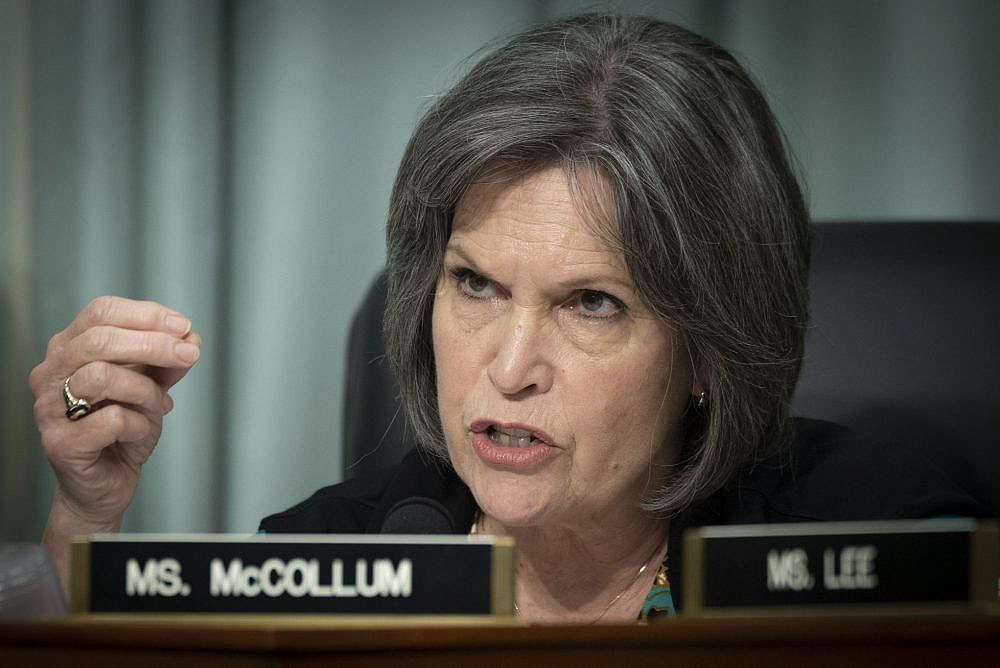

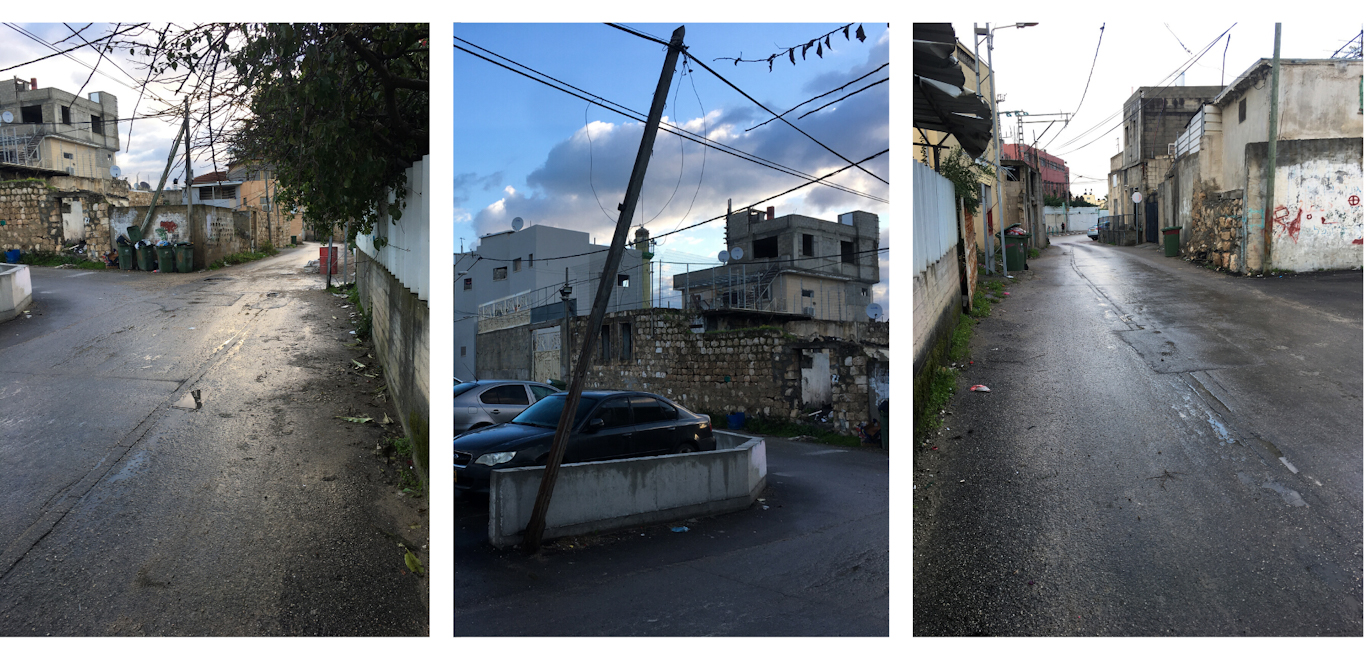
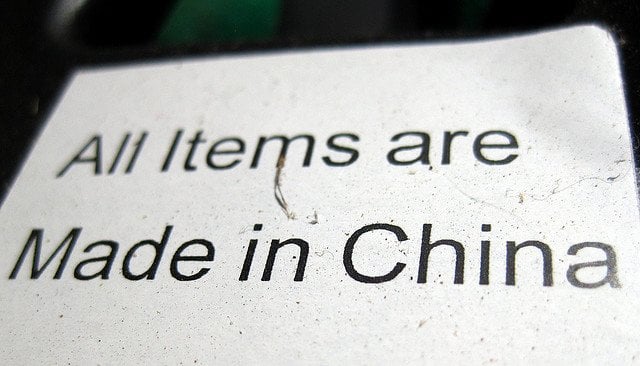 Coupled with the aggressive legislative sanctions “package” recently adopted by the US Congress directed against Russia, Iran and North Korea, Washington now threatens China in no uncertain terms.
Coupled with the aggressive legislative sanctions “package” recently adopted by the US Congress directed against Russia, Iran and North Korea, Washington now threatens China in no uncertain terms.

 (in many sectors of production) has in course of the last forty years been closed down and relocated offshore (through subcontracting), to cheap labor locations in developing countries.
(in many sectors of production) has in course of the last forty years been closed down and relocated offshore (through subcontracting), to cheap labor locations in developing countries.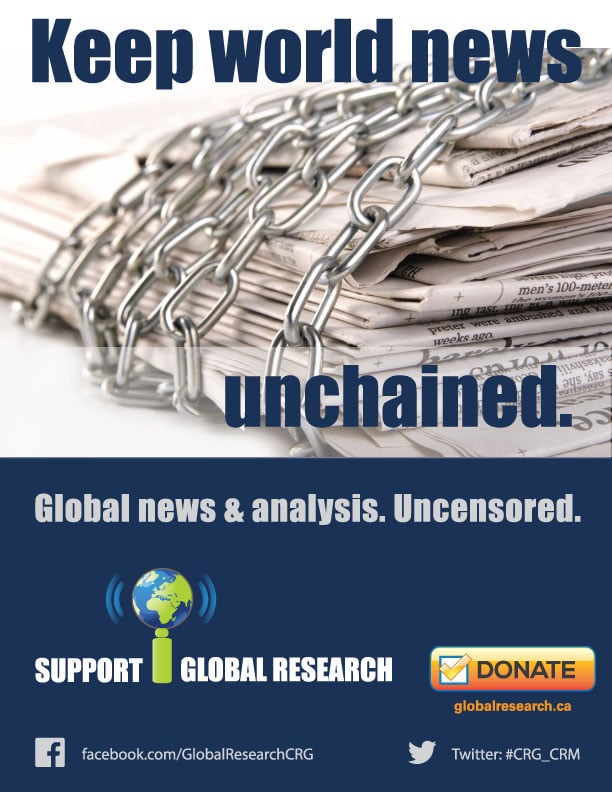



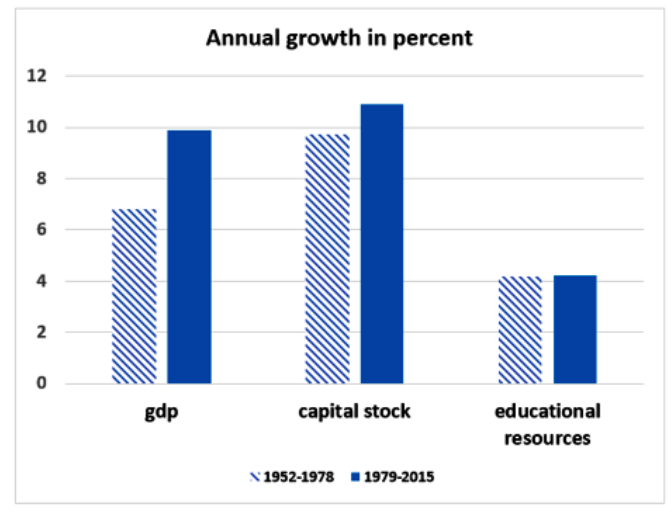
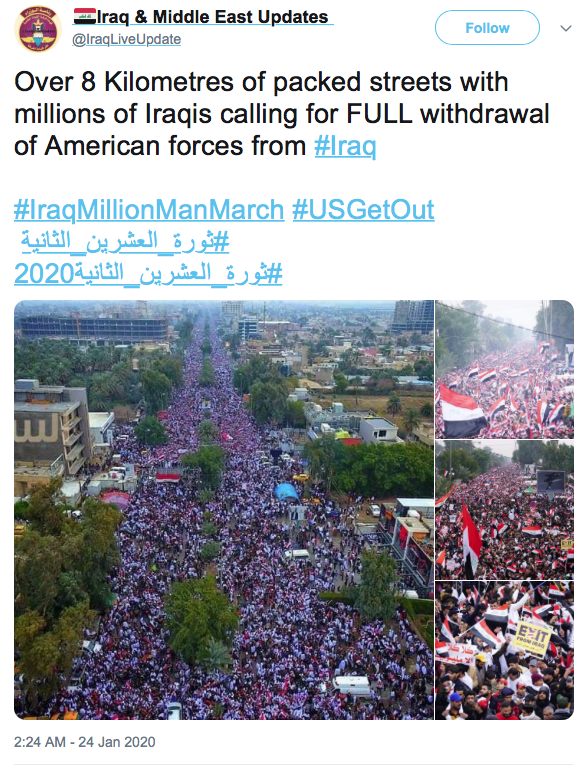

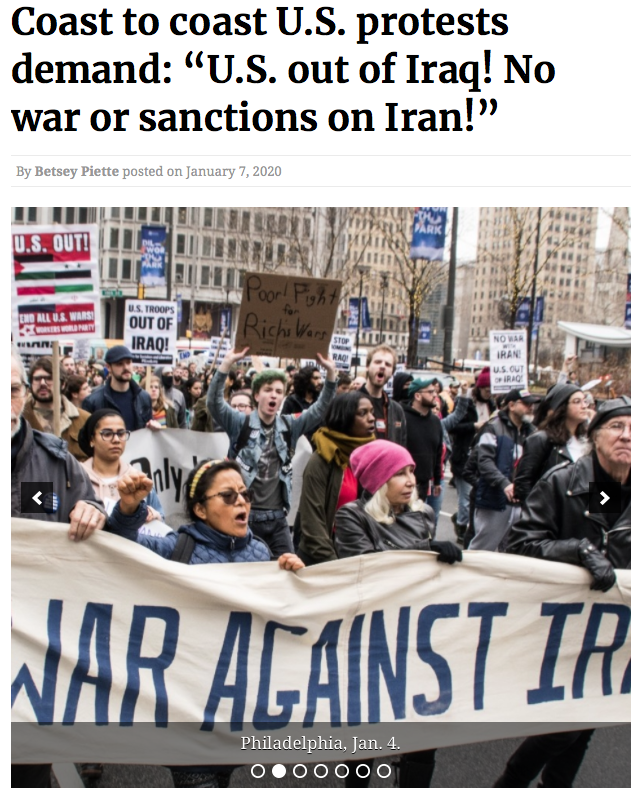


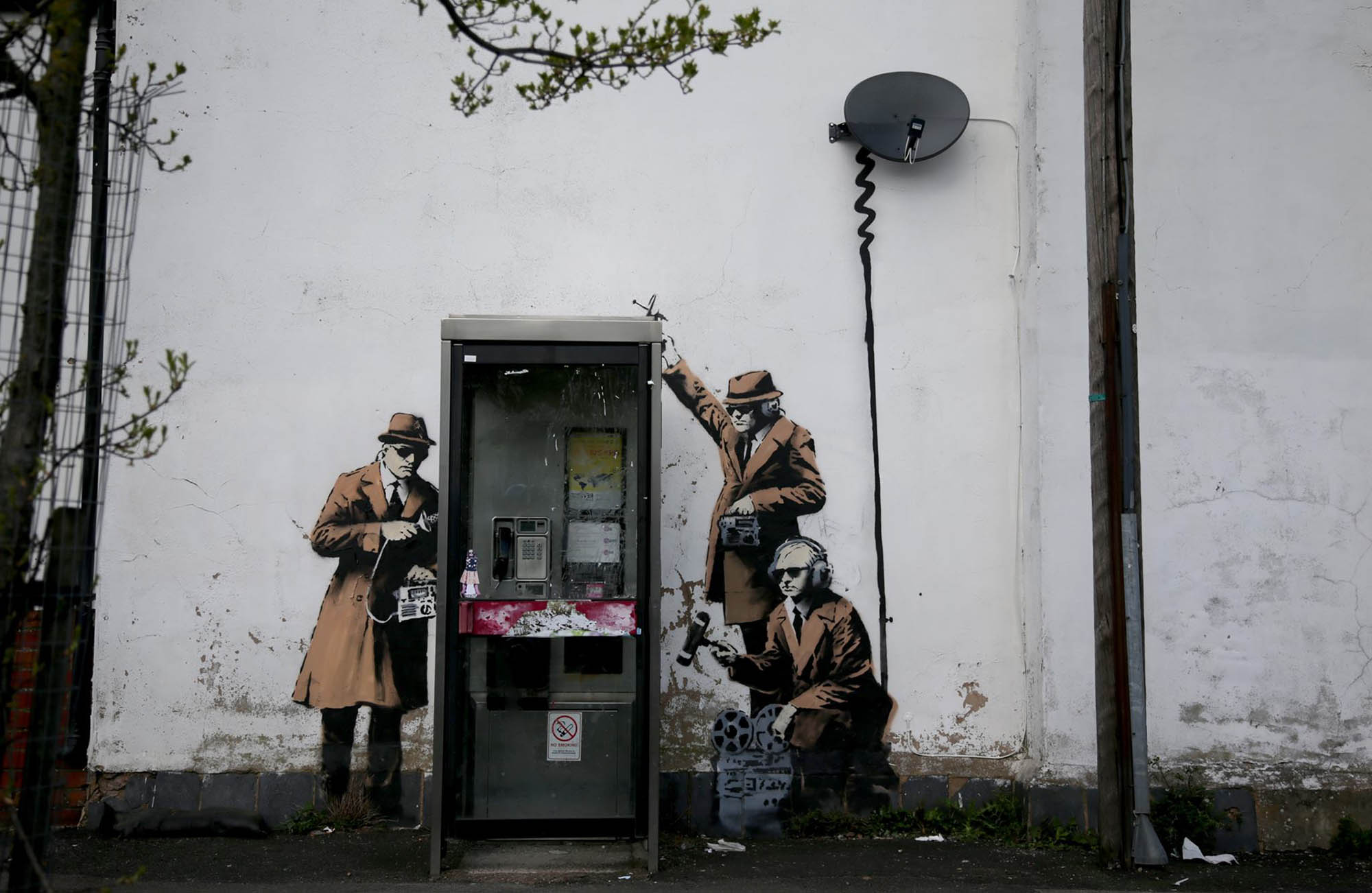



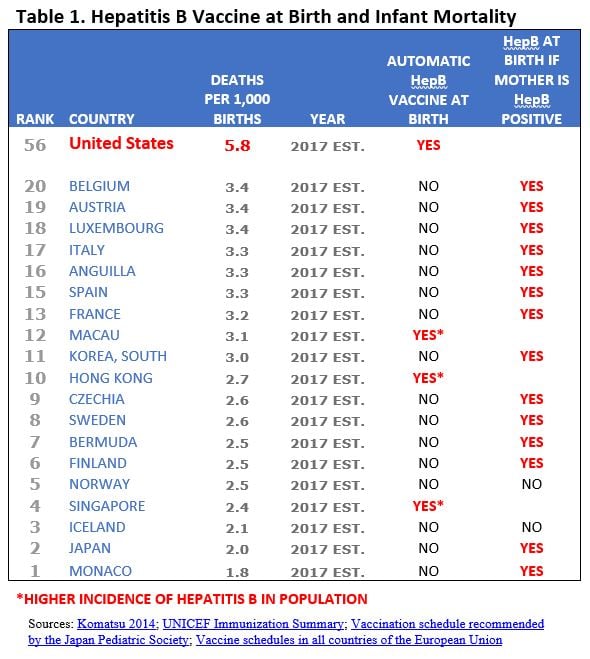
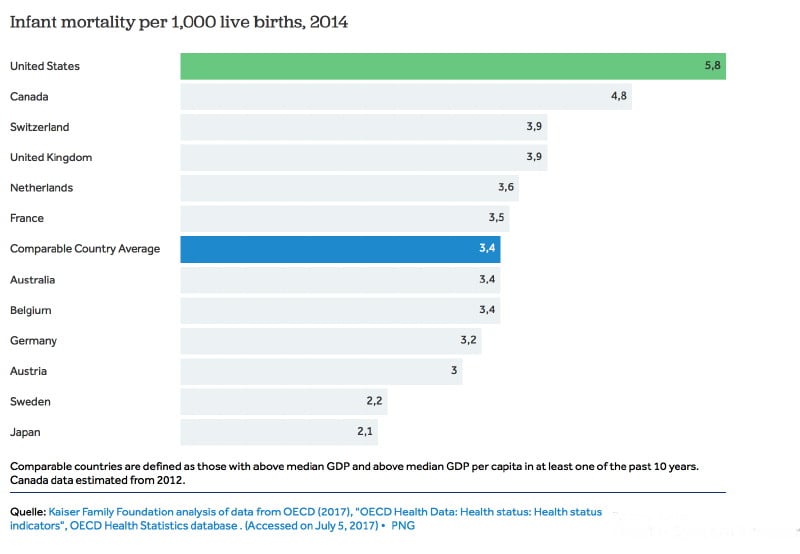
 “The difference between rich and poor is becoming more extreme, and as income inequality widens the wealth gap in major nations, education, health and social mobility are all threatened.”
“The difference between rich and poor is becoming more extreme, and as income inequality widens the wealth gap in major nations, education, health and social mobility are all threatened.”

































